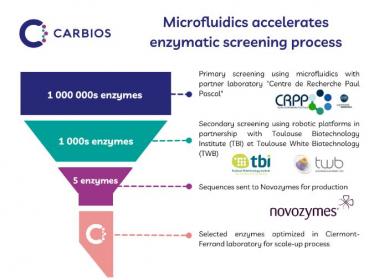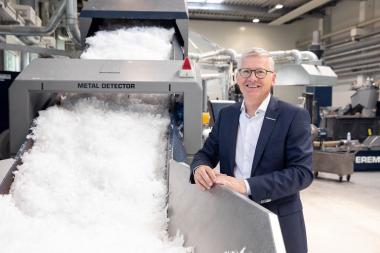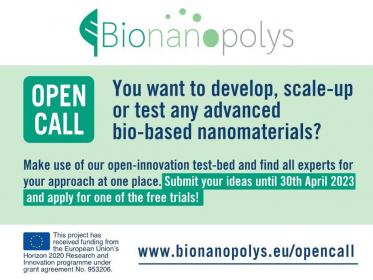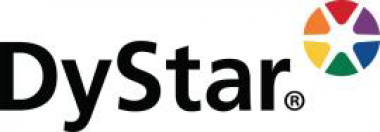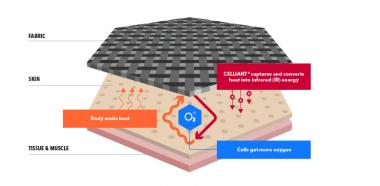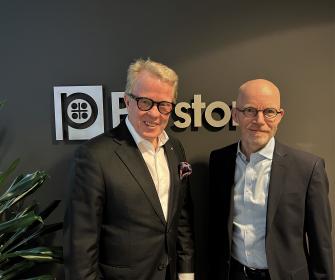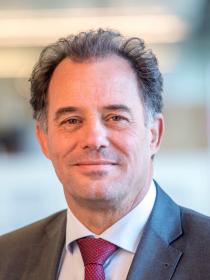Freudenberg: “Material Health” certification for comfortemp® product series
The thermal insulation in the product series comfortemp® soft HO 80x from Freudenberg Performance Materials Apparel (Freudenberg) has achieved Gold status in the Material Health category of the Cradle to Cradle Certified® Product Standard Version 3.1.
The soft thermal insulation of the HO 80x soft series (HO 803, HO 804, HO 805, HO 806) is made from polyamide 6 wadding and is multiple recyclable in terms of a sustainable circular economy. The wadding is also characterized by high wearing comfort, making it suitable for sustainable applications in the luxury, sportswear and outdoor sectors. Thanks to its construction as roll goods, the wadding does not clump and can endure multiple wash cycles at 40°C.
Certifications by the Cradle to Cradle Products Innovation Institute are based on testing for hazardous materials in products and processes. Plus, the impact of chemical substances is assessed on the three product life cycle phases: final manufacture, use and end of use. Freudenberg will continue optimizing its products to ensure material safety and quality for future use and cycling.
Freudenberg Freudenberg Performance Materials Apparel thermal insulation Cradle to Cradle Certified™ life cycle Recycling
Freudenberg Performance Materials Holding GmbH













